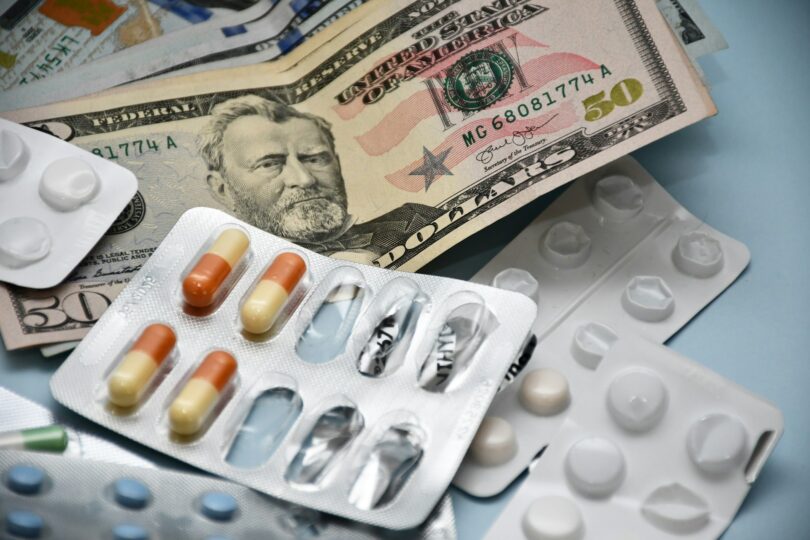Medicare drug-price negotiation is one of the signature achievements of the Biden administration. The Inflation Reduction Act finally allowed Medicare to negotiate drug prices for ten to fifteen drugs each year. But, the tax bill that President Trump recently signed into law prohibits negotiation for some drugs currently subject to price negotiation, driving up Medicare drug costs, reports Rebecca Robbins for The New York Times.
President Trump’s tax bill, which is projected to leave 17 million Americans uninsured as a way to pay for tax cuts for the ultra-wealthy, also puts nearly $5 billion back in the pockets of pharmaceutical companies, according to the Congressional Budget Office. The Trump bill prevents more prescription drugs from being subject to Medicare price negotiation, allowing manufacturers to increase their prices on these drugs further.
Essentially, in response to a lame Pharma argument about misaligned incentives, the Trump administration signed off on a provision that exempts certain drugs from price negotiation, even if they treat more than one rare disease. They are only subject to drug price negotiation if they help a large group of people.
The irony is that Trump is driving up drug prices at the same time as he is saying he wants to lower them. Unfortunately, he has yet to put forth a policy that would lower drug prices in the US.
Under the Inflation Reduction Act, the first round of drugs with negotiated prices will take effect in 2026. The second round will take effect in 2027, including Ozempic and Wegovy. But, in 2028, additional costly drugs will be deemed exempt from negotiation.
To be clear, drug companies have generated billions in profits because of drugs developed for rare diseases. And, the Trump tax law will continue to allow pharmaceutical companies to reap huge profits from drugs they develop to treat rare diseases, especially some cancers. One study found that 20 percent of the best-selling drugs in the US treat rare diseases.
Here’s more from Just Care:
- Poll: Prescription drug prices in 2022
- Facts about prescription drug prices in the U.S.
- Trump’s executive order on prescription drugs does not reduce drug prices for Americans
- Tariffs will likely drive drug prices higher and create drug shortages
- Case study: Costco saves one couple hundreds of dollars over Medicare Part D










